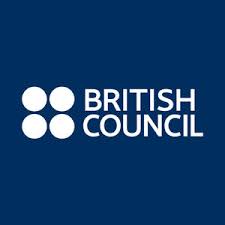The future perfect is composed of two elements: the simple future of the verb to have (will have) + the past participle of the main verb:
[will have + past participle]
Examples:
USE : Completed Action Before Something in the Future
The Future Perfect expresses the idea that something will occur before another action in the future. It can also show that something will happen before a specific time in the future.
Examples:
[will have + past participle]
Examples:
- You will have perfected your English by the time you come back from the U.S.
- Will you have perfected your English by the time you come back from the U.S.?
USE : Completed Action Before Something in the Future
The Future Perfect expresses the idea that something will occur before another action in the future. It can also show that something will happen before a specific time in the future.
Examples:
- By next November, I will have received my promotion.
- Will she have learned enough Chinese to communicate before she moves to Beijing?
- By the time I finish this course, I will have taken ten tests.
Other Examples:
| Positive
| Negative
| Question
|


 RSS Feed
RSS Feed


